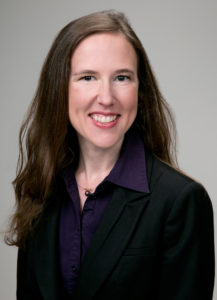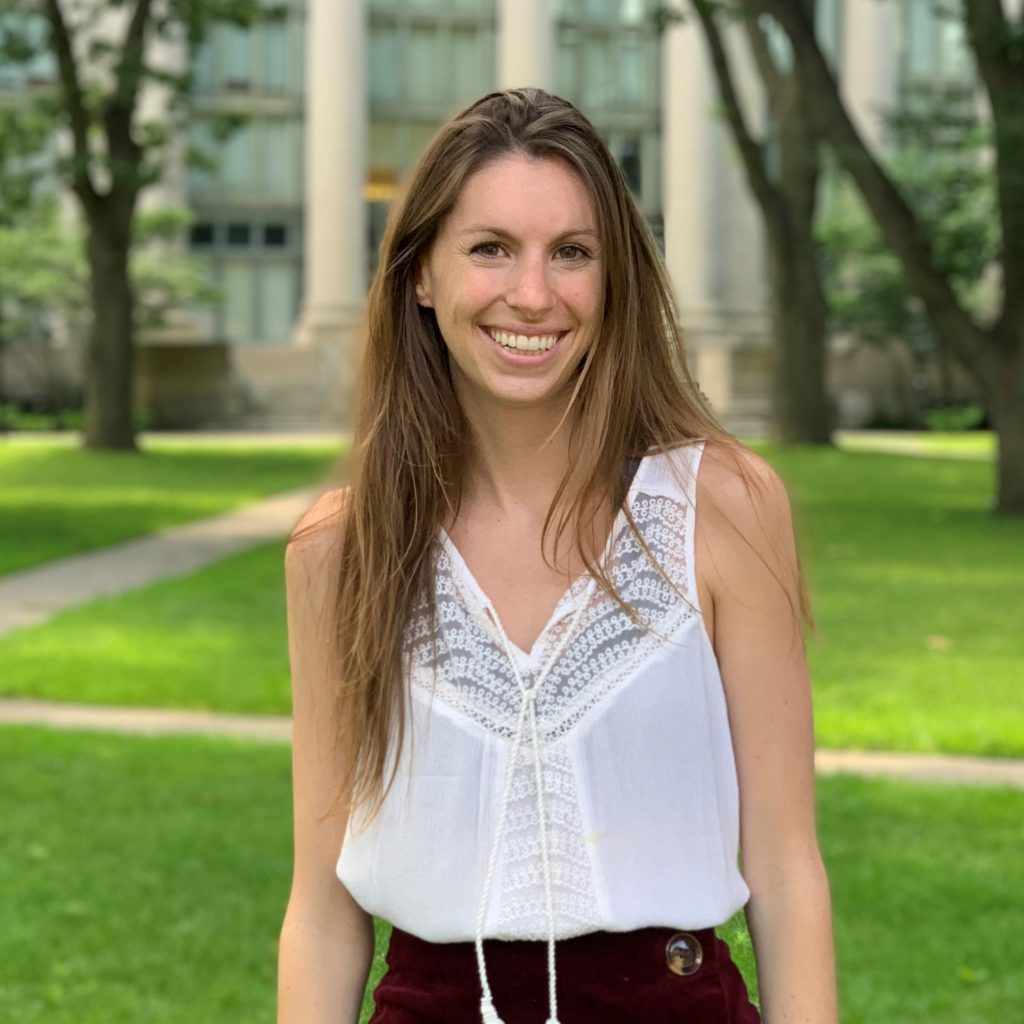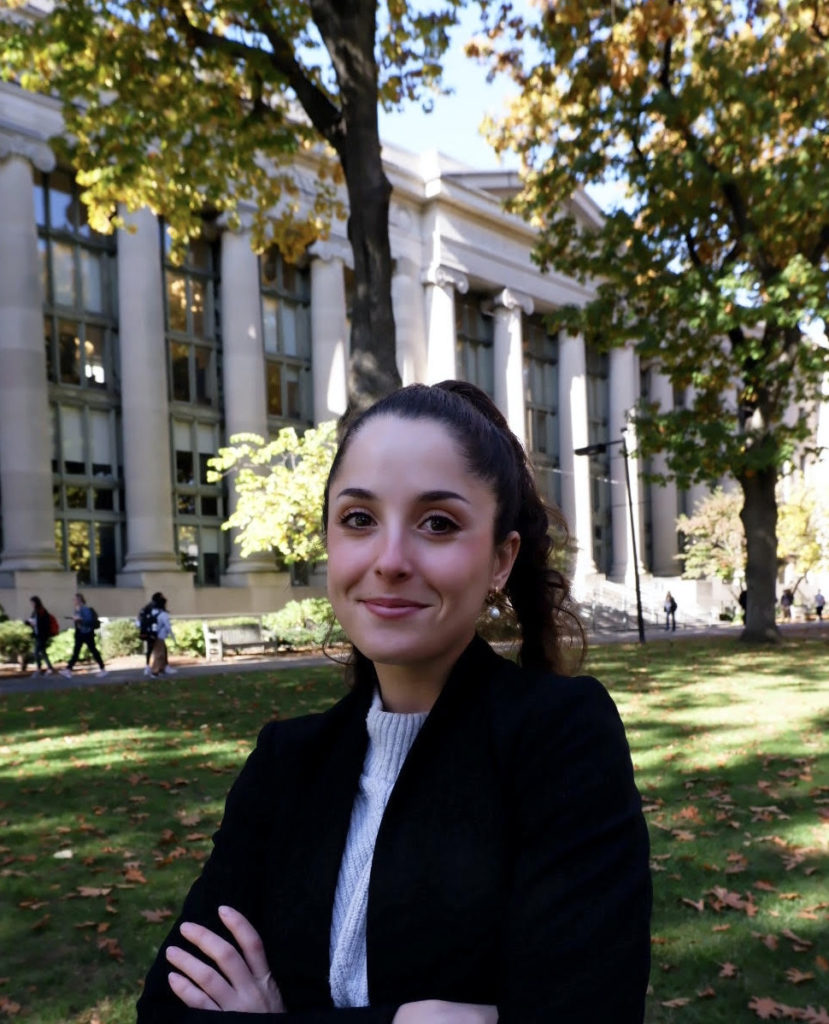“He said I wasn’t a doctor or an attorney, and if I was, I would know what I was seeing was normal. I stood there looking at two-headed frogs and green water in swimming pools thinking, ‘This is not normal.’”
~Legal clerk Erin Brockovich, recounting a meeting she had with a PG&E lawyer at a home with water contaminated by hexavalent chromium

by Heather Scheiwe Kulp
The Court system has its share of two-headed frogs. It’s not that Court employees are some strange breed of humans that think two-headed frogs or phrases like res judicata should be commonplace in our common life. And it’s also not that we use those phrases or processes intentionally to create unhospitable environments for those seeking justice. Often, we’ve just been looking at the environment for so long, we don’t see the two-headed frogs anymore. It takes an “outsider,” a normal person who can see the environment with fresh eyes, to point out that, yes indeed, most people would think green water in swimming pools—or a court website without answers to parties’ most frequently asked questions—is weird.
To be clear, I am not saying the Court system is like an environmental disaster site. Unlike a corporation, the Court system in a democracy is intended as a safeguard, a legitimate impartial arbiter of rights, a place where everyone is treated similarly. Indeed, it is because of the crucial role of courts in our country that “outsider” perspectives are all the more important for courts to engage. A feedback loop prompts courts to be transparent, self-reflective, and innovative. It also keeps them focused on providing accessible servicers to anyone who seeks justice. And that’s why HNMCP’s student assessments of our processes—pointing out the two-headed frogs that we no longer saw—are so critical to maintaining and improving an accessible, just system for all.
I am, in some sense, a two-headed frog myself. I have seen HNMCP’s excellent dispute systems design work from multiple angles: first as a clinical instructor (in which I oversaw a project with the New Hampshire Judicial Branch), and now as a (3x) client from within the New Hampshire Judicial Branch. HNMCP students have helped NHJB:
- Assess, pause, and restart a felony judicial settlement conference program
- Assess the current triage process for reopened divorce/parenting cases and start a new assessment to consider how people experience domestic violence are screened during triage
- Identify and better manage common conflicts on drug court teams
- Understand what is most challenging about stakeholders’ current concurrent planning conversations with birth parents and foster parents in abuse/neglect cases
In addition to the substantial benefit of having these assessments and recommendations, HNMCP has given me new eyes to see my own work. I now can step back and consider what someone who is incarcerated, or poor, or a survivor of domestic violence might be experiencing in any court process. I see Court communications through the eyes of someone who knows nothing about the law and just wants a difficult life event to be over. I talk with litigants and court staff, rather than just administrators and judges, before making changes to any program or starting any project.
The systems design approach HNMCP takes is a substantial asset during the semester of the project. But for me, the skills I’ve learned from HNMCP—both as a clinical instructor but perhaps more as a client—render HNMCP a greater asset long after the students have submitted their final projects. They teach me, and others, how to see our work and environment differently for years to come.








